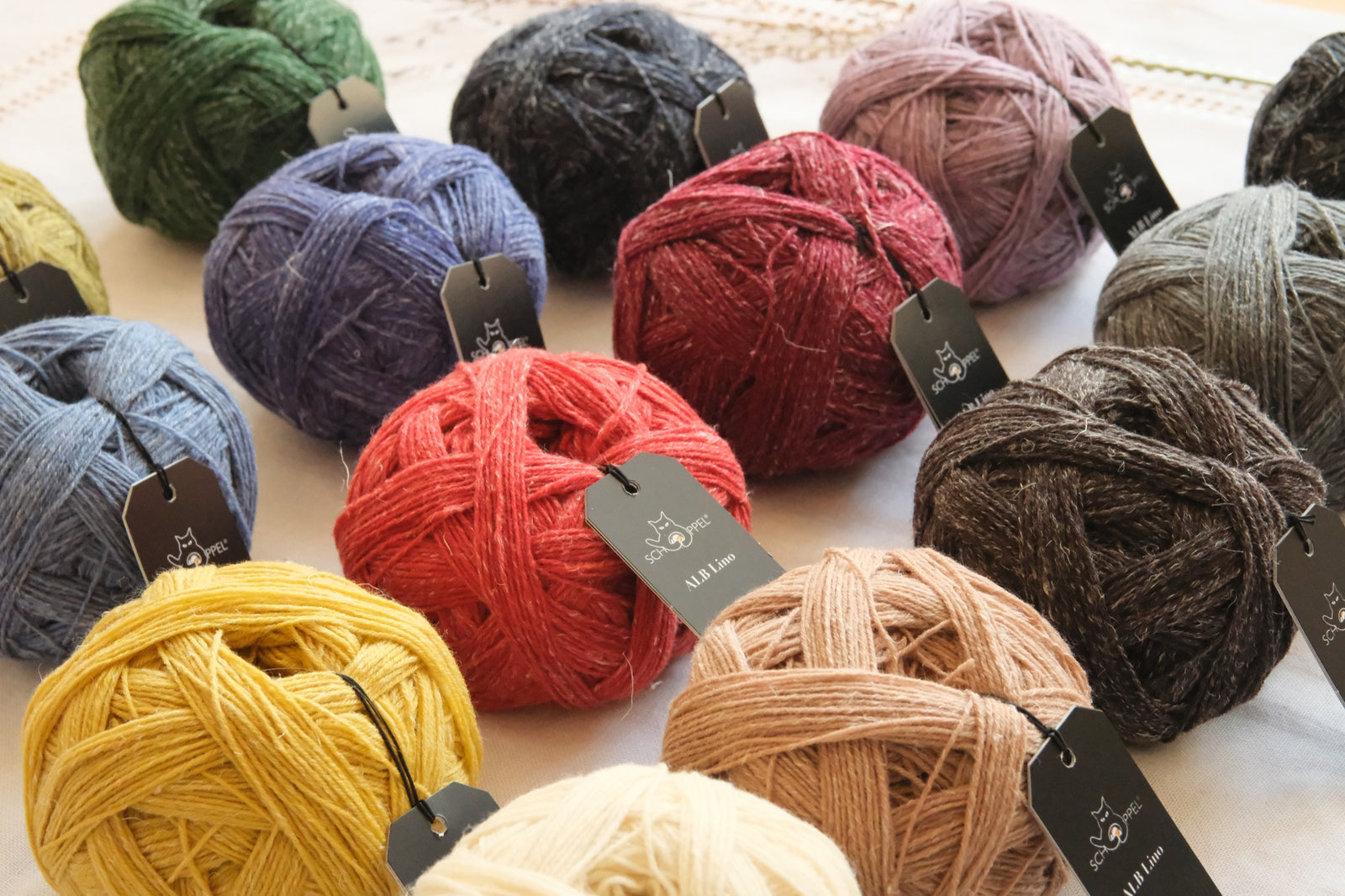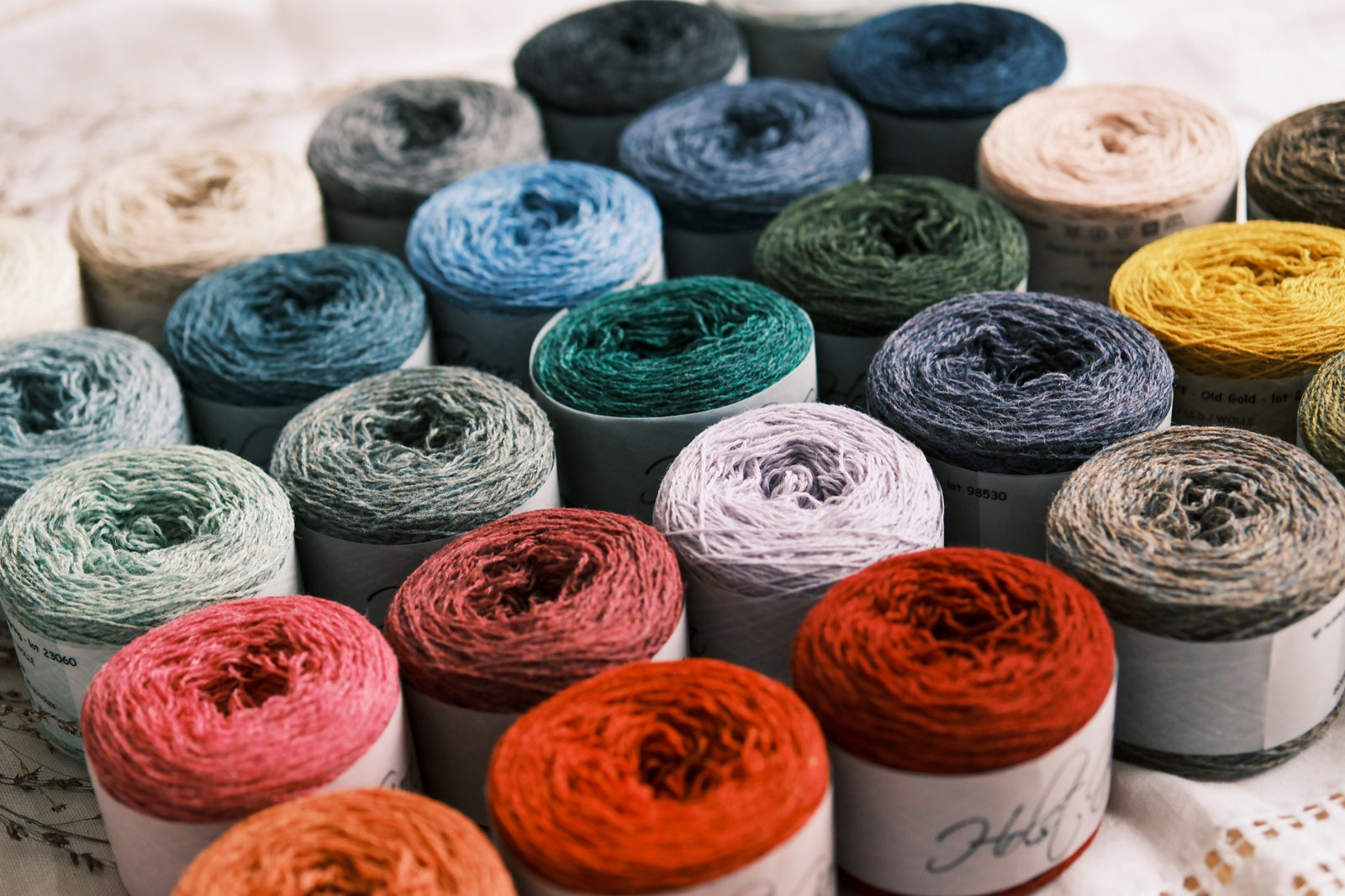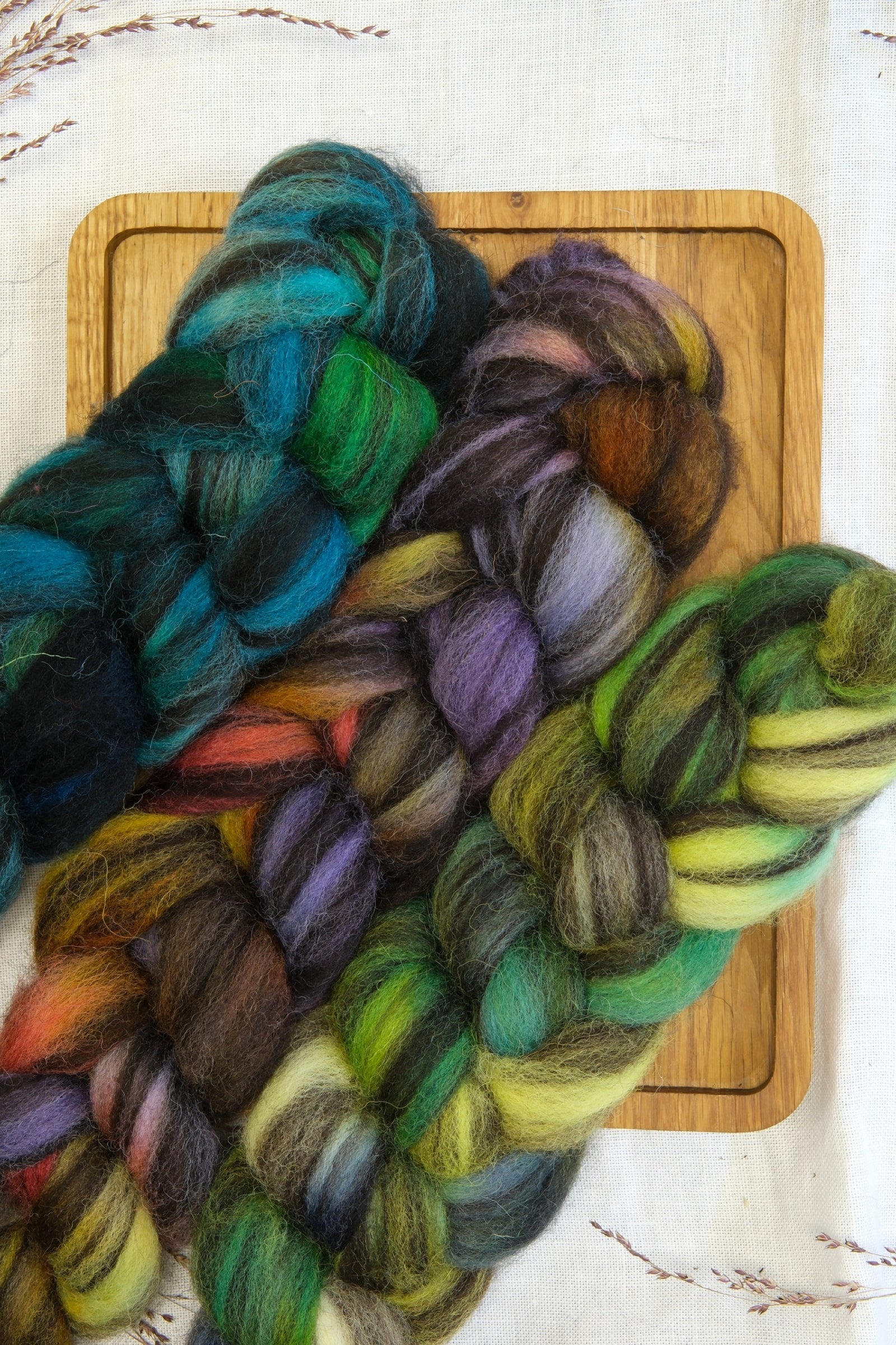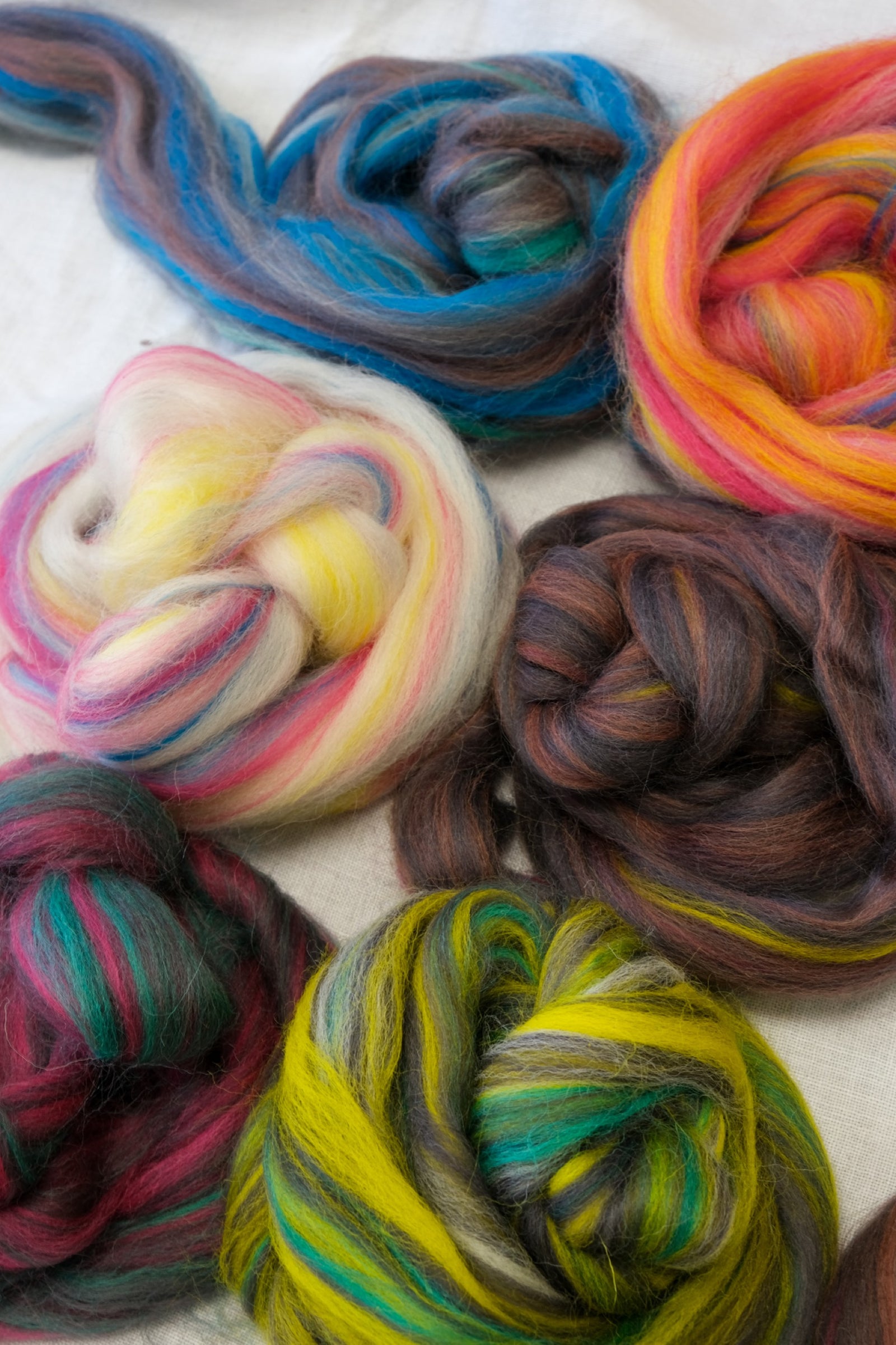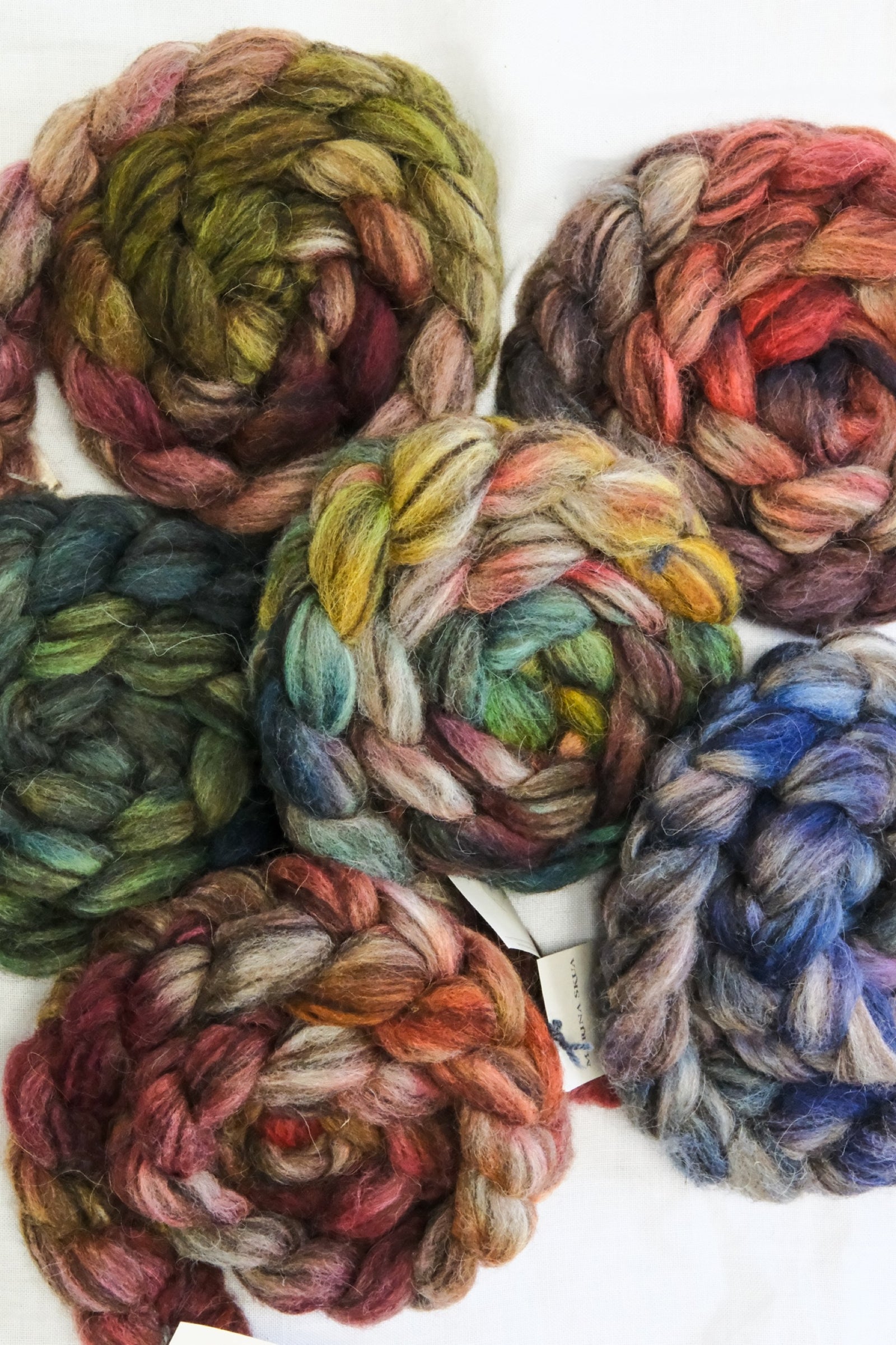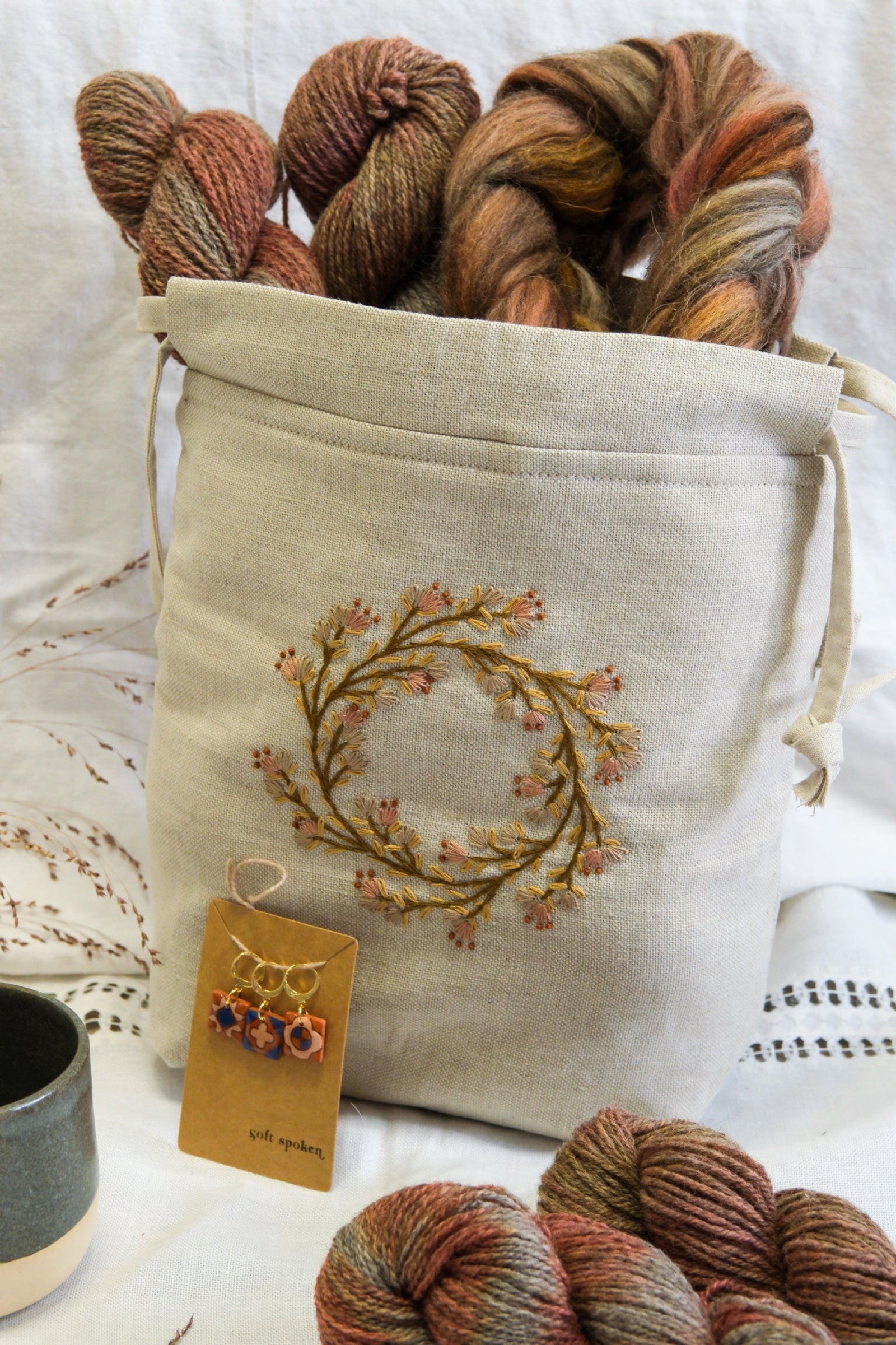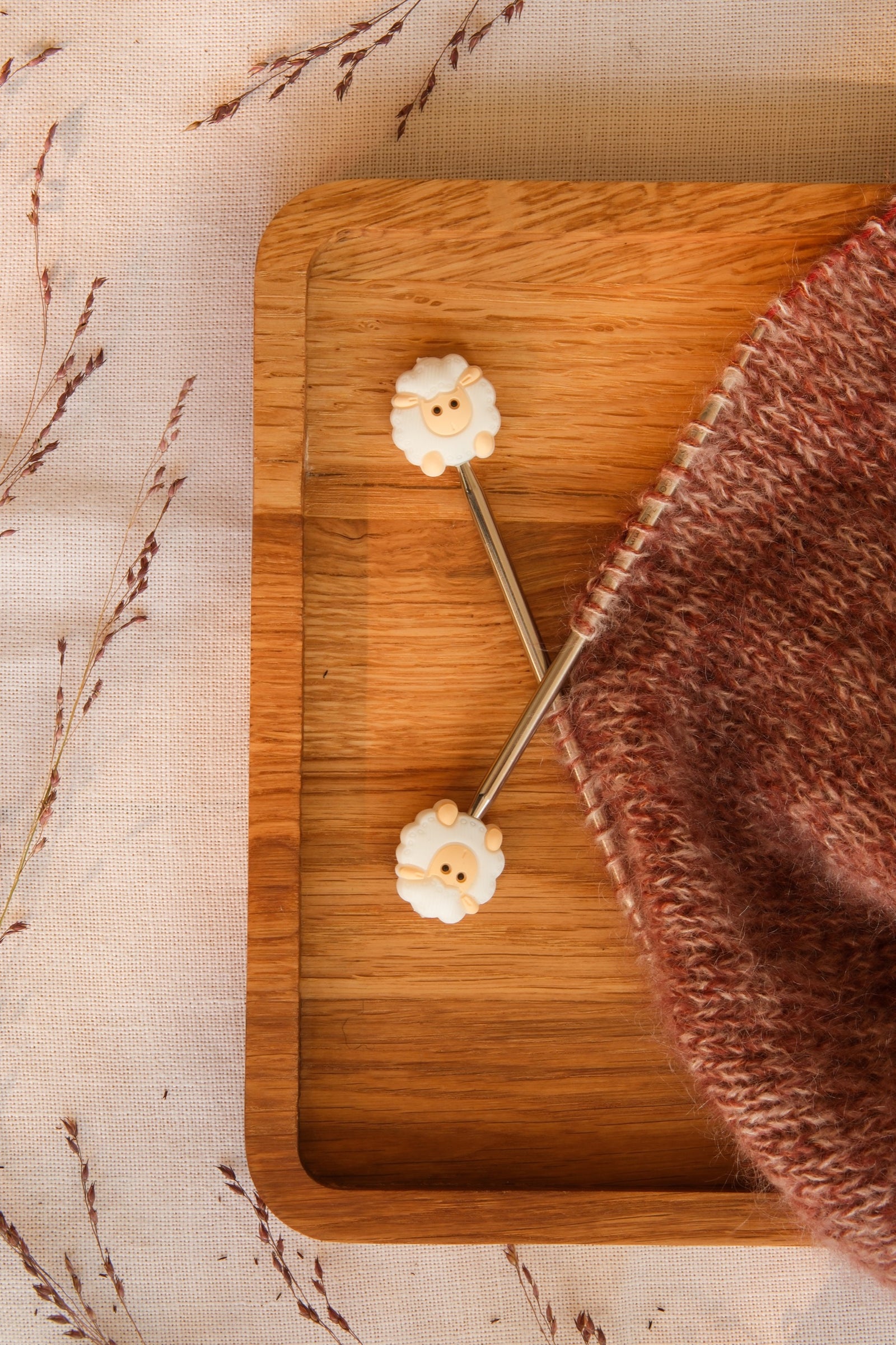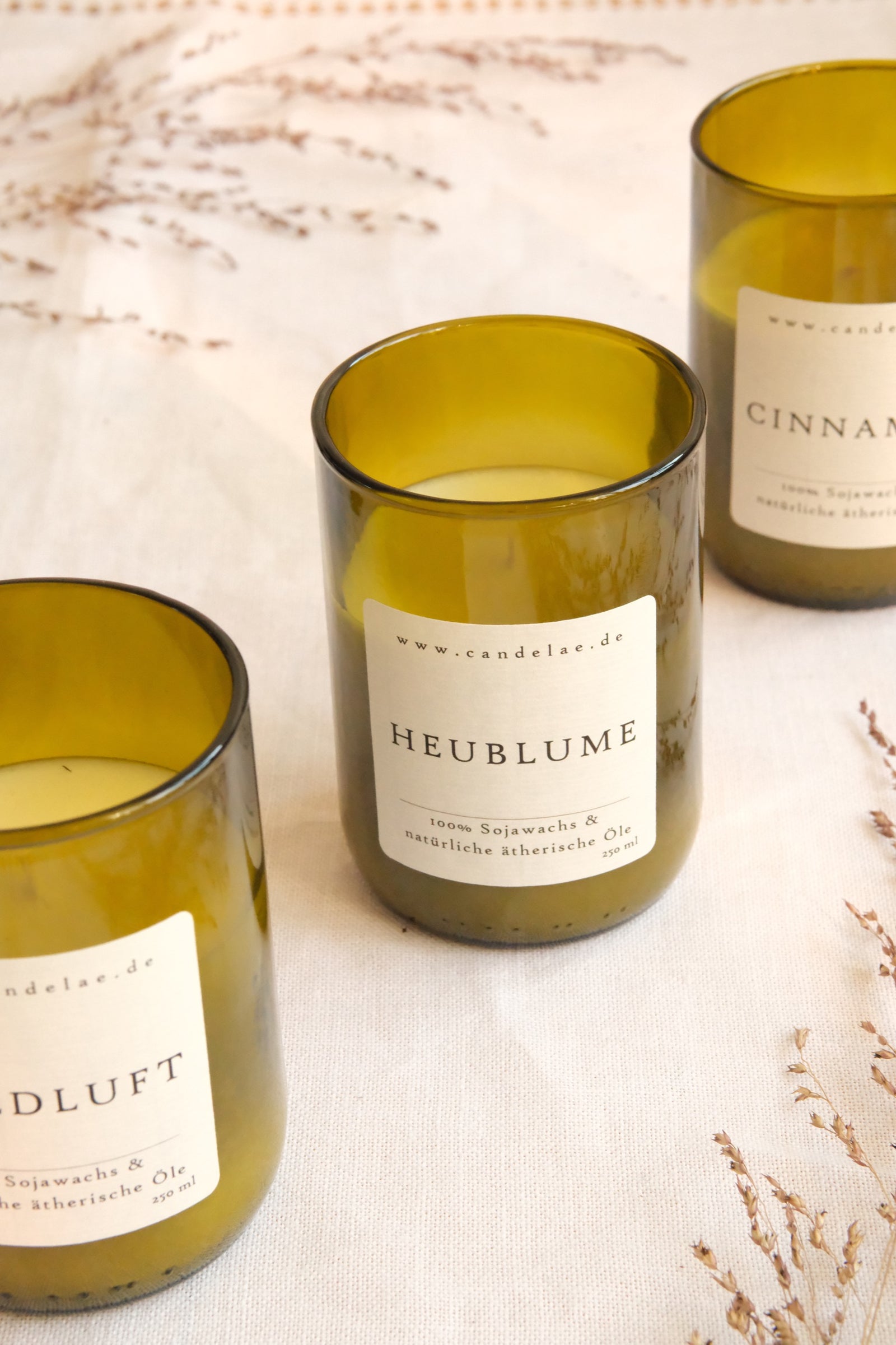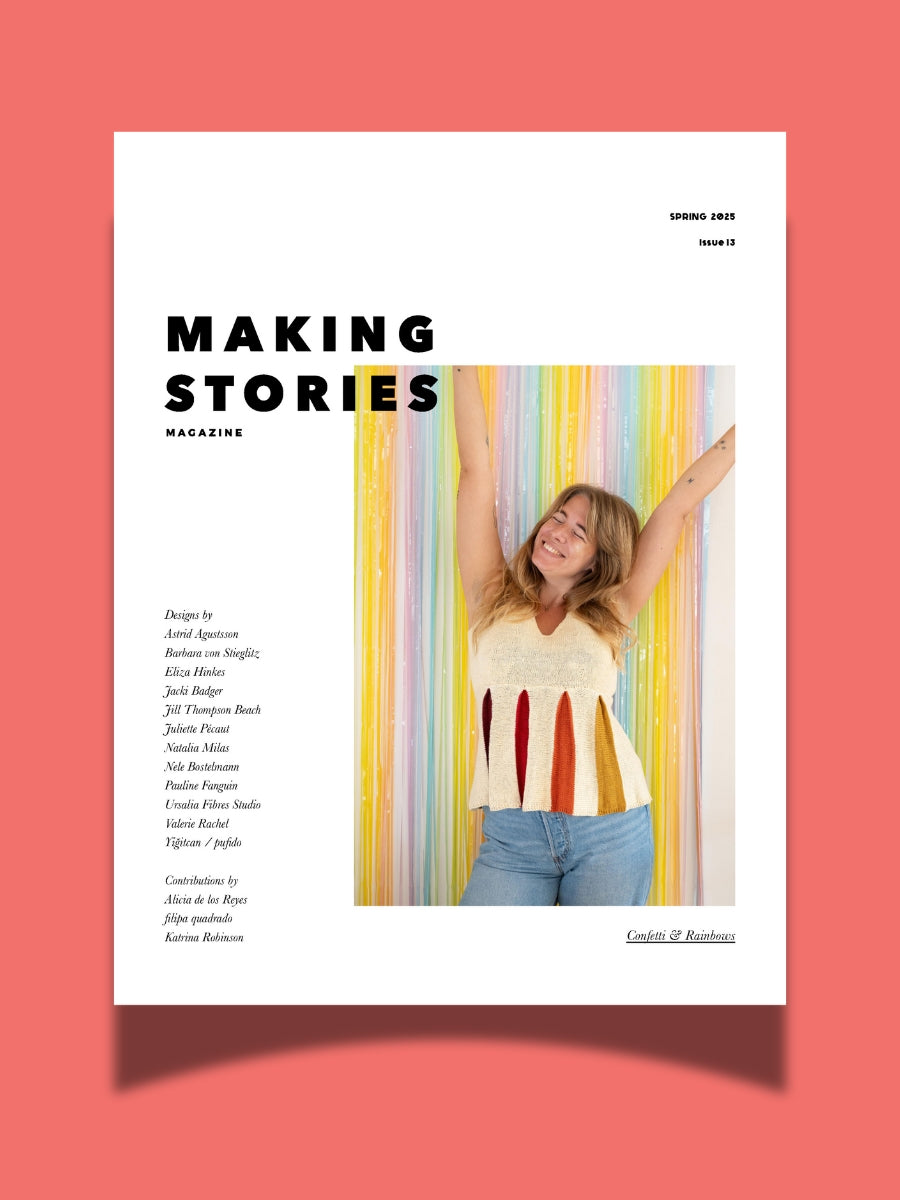As of April 1, Making Stories is closed. Thank you for your support all these years!
As of April 1, Making Stories is closed. Thank you for your support all these years!
Spinning Fiber
Notions & Gifts
Books, Magazines & Patterns
About Us
We're here to help you stitch sustainability into every aspect of your making.
With our carefully curated selection of non-superwash, plastic-free yarns and notions, we have everything you need to get started on your next project - and the one after that.
Here's to a wardrobe of knits we love and want to wear for years to come!
We're here to help you stitch sustainability into every aspect of your making.
With our carefully curated selection of non-superwash, plastic-free yarns and notions, we have everything you need to get started on your next project - and the one after that.
Here's to a wardrobe of knits we love and want to wear for years to come!
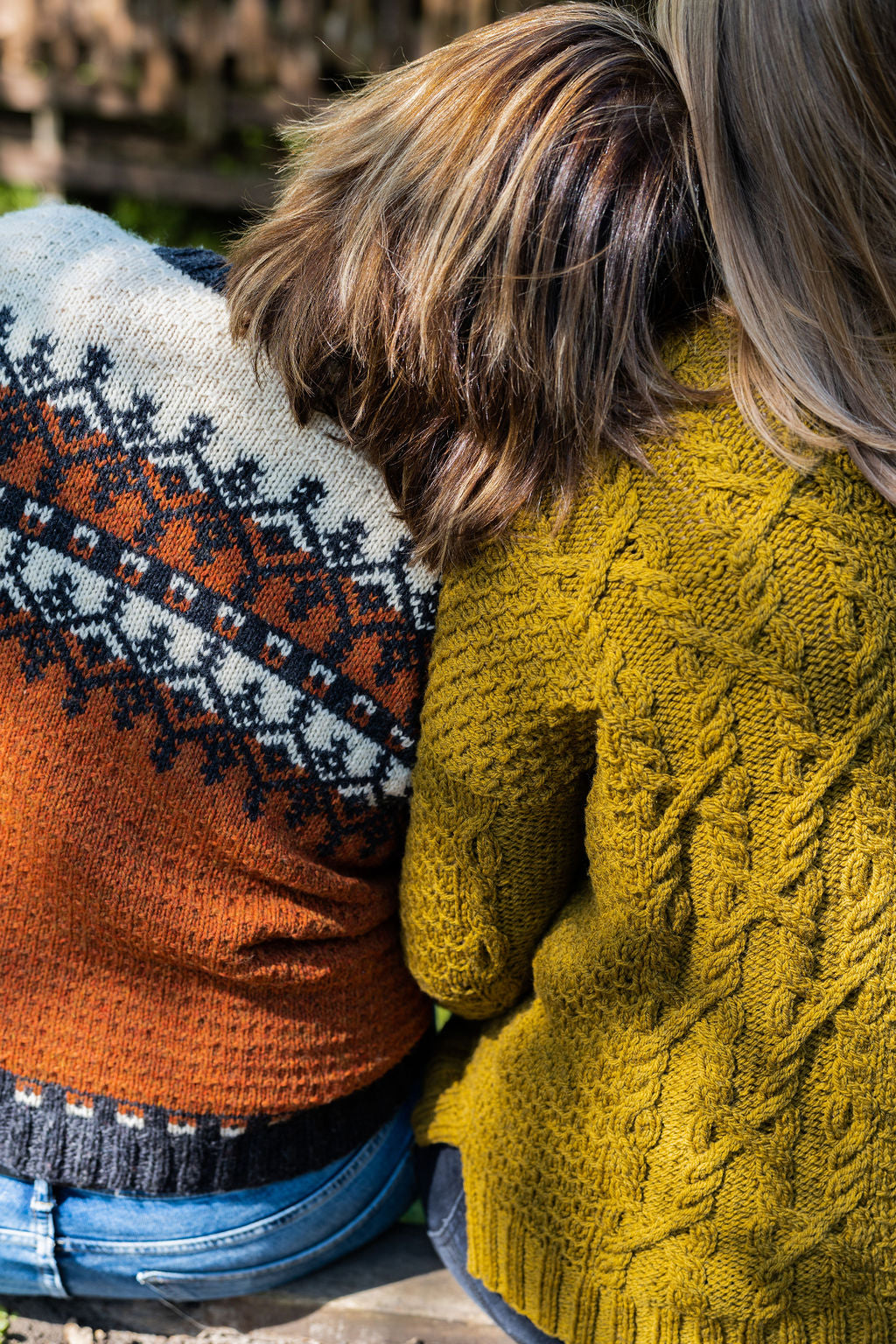
Our Sustainability Pledge

Our Blog

Our Podcast
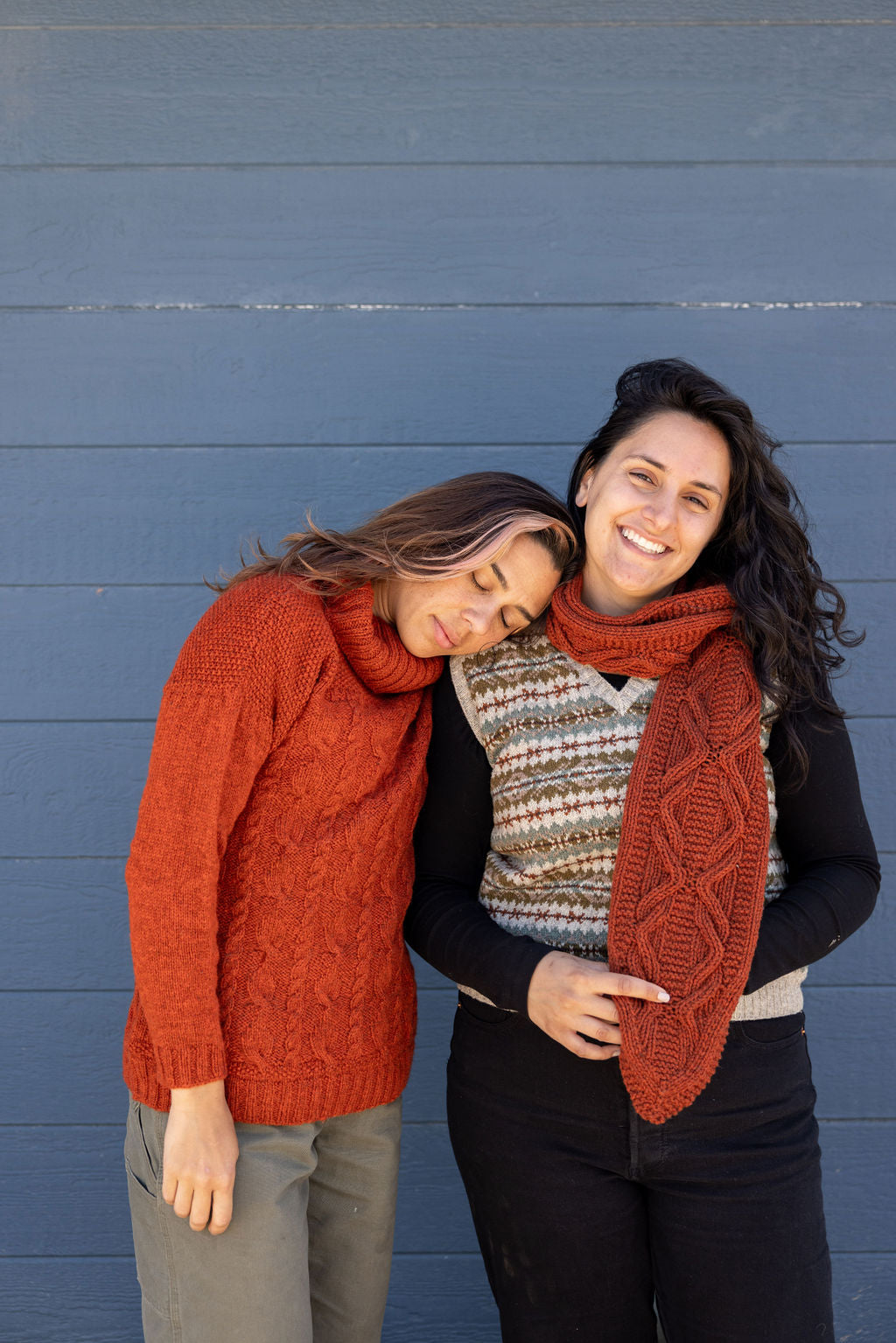
The Making Stories Collective
What Does GOTS Certified Mean?
July 01, 2020 5 min read
So, you are out yarn shopping and you've found a lovely new-to-you skein of goodness. You spot the little green t-shirt symbol that tells you that is GOT's certified. We all know it means something good, right? But what does it actually mean? And what does it take for yarn to be GOT's certified?
Let's start at the beginning - organic fibre.
What makes fibre organic?
For a fibre to be certified organic, a farm is inspected by an accredited certification organisation using strict national or international standards. Farmers raising organic fibre follow standards that nurture the soil or animal from which it comes and does not use toxic insecticides, herbicides or fungicides. (Check out The Organic Trade Association Web for a complete definition of the standards for certified organic fibre processing!)
So I have a confession to make; for the longest time, I thought GOTS certified simply meant that the yarn I was using was just made from organic fibres - and while it certainly does include that, it actually goes much deeper.
What is GOTS?
The Global Organic Textile Standard (GOTS) is the worldwide leading textile processing standard for organic fibres, including ecological and social criteria, backed up by independent certification of the entire textile supply chain.
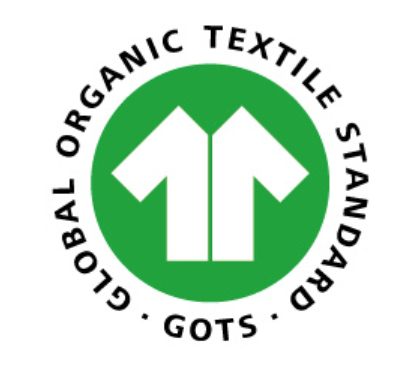
"The aim of the standard is to define world-wide recognised requirements that ensure organic status of textiles, from harvesting of the raw materials, through environmentally and socially responsible manufacturing up to labelling in order to provide a credible assurance to the end consumer." - The Global Organic Textile Standard (GOTS)
That sounds great, but what does that mean? It means that for something to be labelled as GOTS certified, it has to meet specific criteria. This criteria is extremely involved and covers the processing, manufacturing, packaging, labelling, trading and distribution of all textiles made from at least 70% certified organic fibres.
The Global Organic Textile Standard goes into great detail about what this criterion involves (which you can read here!), but the takeaway is as follows:
Fibre Production
Fibres must have organic certification based on a recognised international or national standard (eg. IFOAM family of standards, EEC 834/2007, USDA NOP). A textile product carrying the GOTS label grade 'organic' must contain a minimum of 95% certified organic fibres whereas a product with the label grade 'made with organic' must contain a minimum of 70% certified organic fibres.
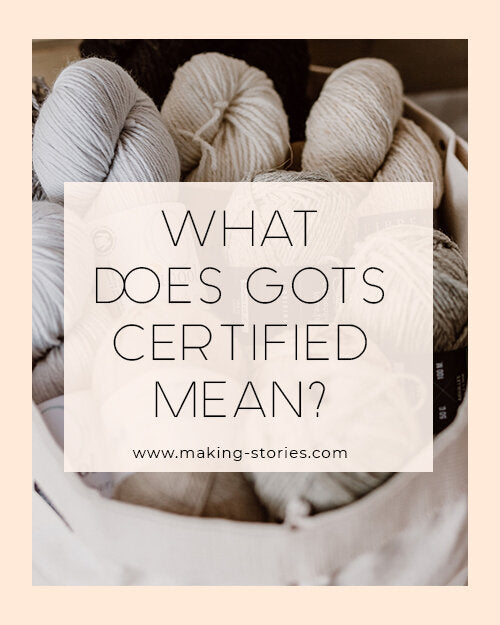
Processing and Manufacturing
The processing and manufacturing are broken up into the following categories, each with their own specific criteria; Environmental, Technical Quality and Human Toxicity and Social.
Environmental: Every stage of the manufacturing process has to be carefully monitored and meet strict requirements to ensure that the environmental impact is as minimal as possible.
Technical Quality and Human Toxicity: Raw materials, intermediates, final textile products as well as accessories must meet stringent limits regarding unwanted residues.
Social: All processors and manufacturers must meet the critical norms of the International Labour Organisation (ILO). They must have social compliance management to ensure that the social criteria are met at all times.
Phew, that's a lot! So what does this look like when we apply it to an actual business? Let's take a look at our fabulous yarn partner Garthenor. Not only does Garthenor sell certified organic yarns, but they were the first in the world to do so! Sustainability has always been at the core of everything they do, and we recently sat down with Jonny King, who's family began Garthenor back in 1999, to learn more about their work and how they started producing organic yarn.
"Originally we were a small organic farm[...], and we've always run it sustainably - it's always been sort of at the heart of what we do. When we first started making yams in 1999[...], we thought "well, we're an organic farm surely we can sell it as organic." We looked, and there were no standards that covered it. So mum started working with the soil association who are the main certifying body in the UK, and helped create the first standards and had the first-ever batch that went through as certified organic[…]those standards became the base to the wool standards within GOTS, so they're still slightly forming part of what guides GOTS today."
So what do you have to do to become GOTS certified today? While there was no set procedure for producing certified organic yarn when Jonny's family first launched Garthenor, you can now apply for certification according to the Global Organic Textile Standard. Annual on-site inspection of the processor's, manufacturer's and trader's premises performed by independent and specially accredited certification bodies are the basis for GOTS certification. The cost of this varies, but as of right now annual certification cost in a range between 1200 and 3000 Euro.*
(*Reported amount as shared on The Global Organic Textile Standard (GOTS) website, dated May 2020.)
It's no secret that organic yarns often cost more compared to others on the market, and when we begin to look into what it takes to become GOTS certified, it's really not a surprise. A tremendous amount of time and work goes into getting that little green symbol on your yarn, and it may leave you asking; Is it worth it?
Here's what Jonny had to say:
'I remember as a child helping out at shows in the farmer's markets, and we would have people coming up and saying - what's the point in organic yarn, why are you bothering? What it enables the customer to do when they pick [yarn] up and see that logo, is to know that every step has been independently certified. [It's] been inspected, it has been checked for animal welfare standards, for safe working practices, for water treatment, for energy usage, for all these things that you can kind of look at and think - OK, this has been produced fairly. There's no way you can get that certification without those independent steps."
As a maker and someone who is trying to live as sustainably as they can, I love the transparency that comes with a GOTS symbol. No matter what we do as we move through the world, we are going to make an impact. The key is to be as mindful, and be as informed as we can when it comes to decisions we make, and for me, that includes the materials I use.
With that in mind, I'd like to finish up this blog post with one last quote from our conversation with Jonny:
"The three guiding principles [...] whenever we make a decision are; Is it kind to the planet, is it kind to people and is it kind to animals?" And if it ticks those boxes, whether it's what packing we're using, what mill we're working with, whether we're dyeing the yarn...it guides the way that we go."
What a beautiful sentiment to live and work by. Thank you so much Jonny, for allowing us to share your words here! If you would like to hear more from Jonny, you can watch the entire episode of Making Stories Knits With Jonny King on YouTube by clicking the button below.
Leave a comment
Comments will be approved before showing up.
Also in Blog

Issue 13 – Confetti & Rainbows | Official Pattern Preview
February 12, 2025 13 min read
Hi lovelies! The sun is out here in Berlin, and what better day to talk about one of the most joyful issues we've ever done than a brilliant sunny winter day – meet Issue 13, Confetti & Rainbows!
In Issue 13 – our Spring 2025 Issue – we want to play! Confetti and rainbows, unusually and unconventionally interpreted in 12 new knitwear designs – a journey through color, shapes, texture and materials.
Confetti made out of dried flowers, collected over months from bouquets and the road side. Sparkly rainbows, light reflecting. Gentle textures and shapes, echoing the different forms confetti can take. An unexpected rainbow around the corner, on a brick wall, painted in broad strokes.
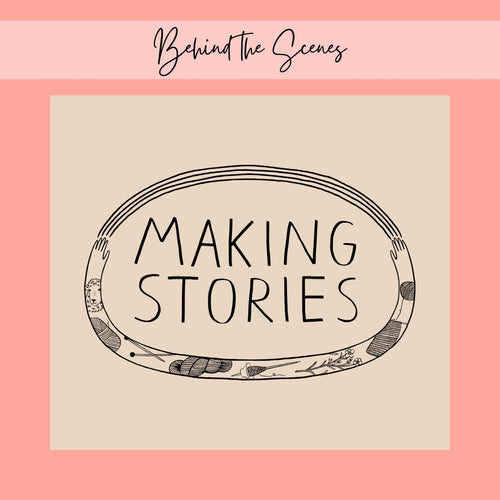
New Look, Same Heart: The Story Behind Our Delightful Rebrand
January 16, 2025 4 min read 1 Comment
Hi lovelies! I am back today with a wonderful behind-the-scenes interview with Caroline Frett, a super talented illustrator from Berlin, who is the heart and and hands behind the new look we've been sporting for a little while.
Caro also has a shop for her delightfully cheeky and (sometimes brutally) honest T-Shirts, postcards, and mugs. (I am particularly fond of this T-Shirt and this postcard!)
I am so excited Caro agreed to an interview to share her thoughts and work process, and what she especially loves about our rebrand!
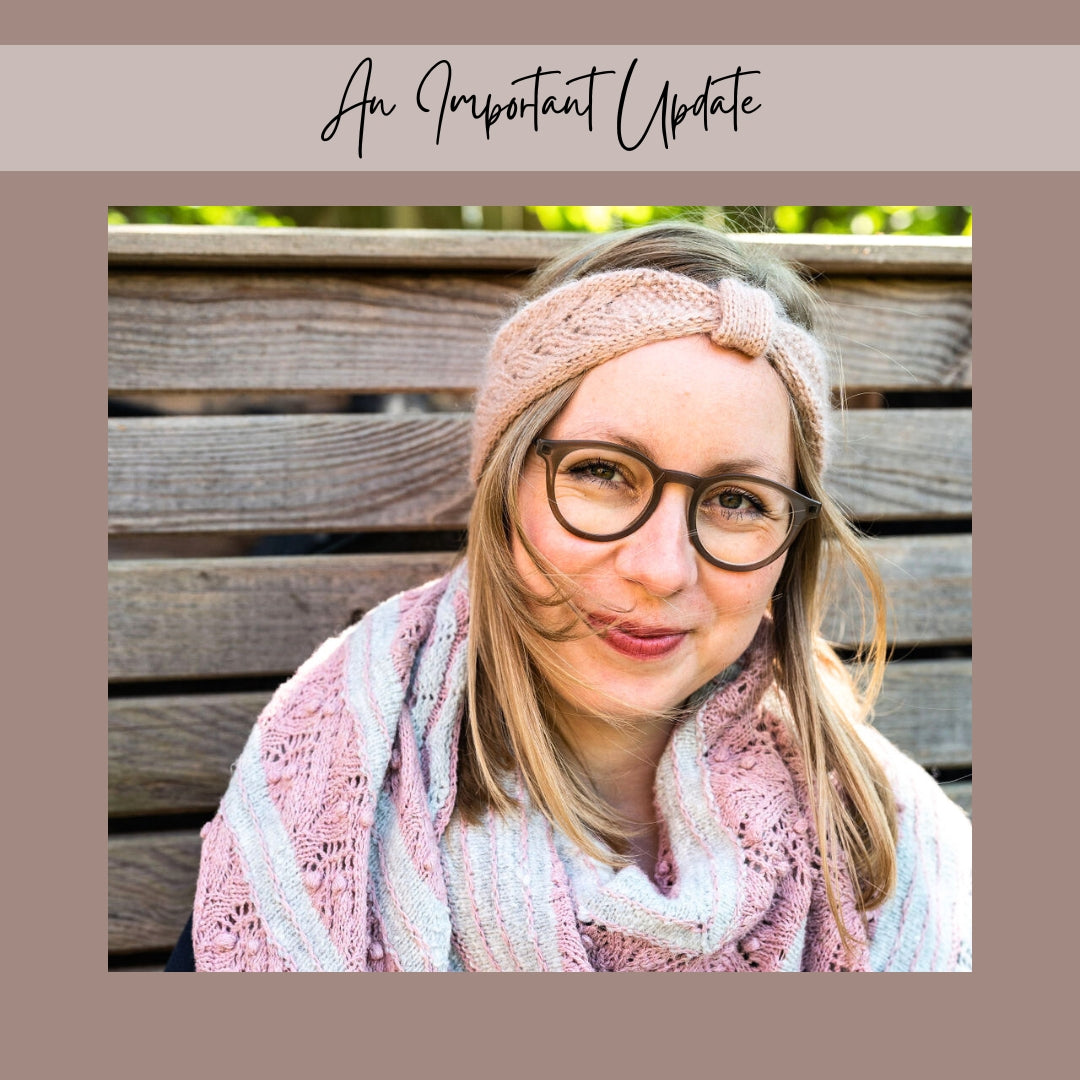
Thoughts on closing down a knitting magazine
November 19, 2024 12 min read 1 Comment
Who Is Making Stories?
We're a delightfully tiny team dedicated to all things sustainability in knitting. With our online shop filled with responsibly produced yarns, notions and patterns we're here to help you create a wardrobe filled with knits you'll love and wear for years to come.
Are you part of the flock yet?
Sign up to our weekly newsletter to get the latest yarn news and pattern inspiration!

